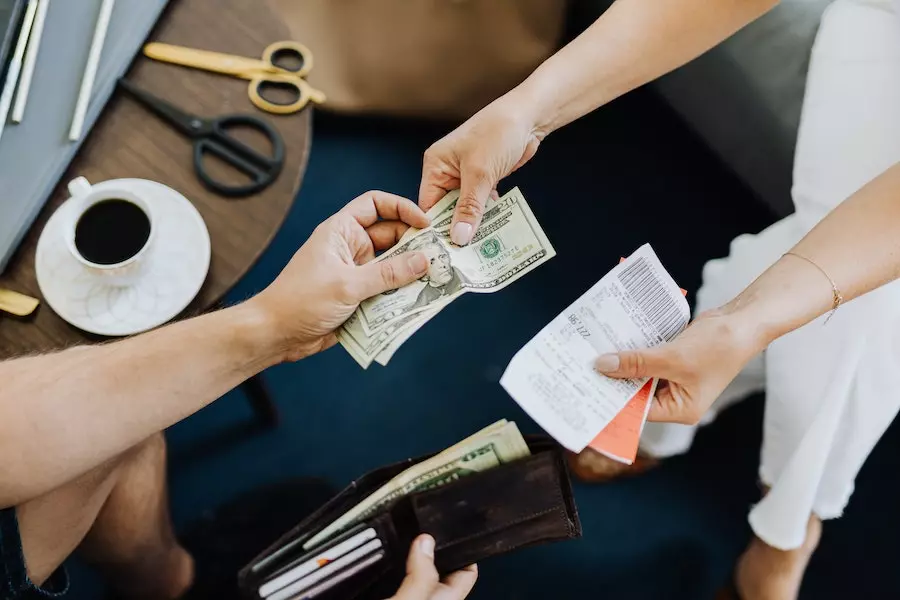
In Florida, accidents can happen at any time. They happen when individuals slip and fall in stores and other businesses. They might occur when a driver hits another car.
These cases often bring about personal injury lawsuits. Some lawyers do these lawsuits exclusively. They know they can make money off of them and they can also achieve local notoriety. Some lawyers like having their faces on billboards in Florida cities.
If your lawyer helps win your lawsuit, they can get you a nice settlement check. If you have one coming, you may not know exactly when you’ll get it or how much money you can expect. We’ll discuss these personal injury settlement checks in the following article.
How Long Must You Wait till You Get Your Check?
Florida gives insurance companies 20 days to send settlement checks. That timeframe applies after you win a lawsuit. If you bring an insurance company to court and you lose your case, then you get nothing.
If you win, then the insurance company must send you that check within the twenty-day period, or they risk severe penalties. Most insurance companies comply after losing legal cases. They don’t want any additional fines.
These Checks Cover Damages
These checks that insurance companies send if you win your lawsuit cover damages. You might hear the term “damages” in a courtroom setting, and when you do, you’ll know it means one particular thing.
This term means losses you’ve sustained because some person or entity harmed you. For instance, we’ll use the car crash scenario we mentioned earlier. Someone hits your vehicle with their car. Your car sustains some damage, and you hurt your neck as well.
If that happens, the other driver’s insurance company should pay you. The check they send should cover your injury, your pain and suffering, and your vehicle’s repairs.
Maybe the insurance company feels you caused the accident, though. If so, they might say they’ll pay you nothing. That’s when you must hire a lawyer and pursue the matter in court.
Assuming you win your case, the check that the insurance company sends within the designated twenty-day period covers your damages, also called monetary losses.
You Can Get More for Non-Economic Damages
If you hurt yourself, the check should cover your medical bills, assuming you can hold someone else responsible. You might also get more money for pain and suffering, though.
Pain and suffering damages aren’t so easily determined. You might say a surgical procedure costs X amount of dollars, but what about the pain you experienced? What about your mental anguish after the accident? Perhaps you have PTSD or depression.
You might demand more for these things. If you want more because you experienced pain, suffering, or emotional distress, and the jury agrees you should get more, they must look at other cases when determining fair compensation.
They can put a dollar amount on your suffering by looking at similar lawsuits and what the plaintiff got after each one.
Most Personal Injury Lawsuits Don’t Reach a Jury’s Verdict
You should also realize that in most cases, you can get your check before the jury deliberates and returns with a verdict. The plaintiff and defendant settle most lawsuits out of court.
If you present evidence that clearly shows the defendant harmed you, and their lawyer agrees you have an open-and-shut case, they will probably offer you some money rather than continuing on to a jury’s decision. Settlements usually happen with insurance companies, individuals, or businesses that harm you. If their lawyer says they should settle, they probably will.
You can get your check once you agree that you will take the settlement offer. Your lawyer might advise that you reject the initial offer, though. Maybe they feel this insurance company, business, or individual has given you a lowball offer. If so, you might decide you should continue with the trial.
Your Check Represents a Final Settlement
You might get a settlement early in the trial process, or you may only get one after the jury’s verdict. Either way, the check amount represents the final settlement. You have either accepted the offer, or else the jury has ruled, and they’ve named the final amount the defendant should pay you.
You should not expect additional money after the settlement occurs. You have either accepted an amount, and you can’t legally get more, or the jury has ruled. You might appeal if that ruling goes against you, but generally speaking, you get your check, and that’s it.
You must pay your lawyer from that money, so you should also understand you won’t get the full amount. You will pay your attorney the amount you agreed. They usually get 30-40% with personal injury cases.
How Much Can You Get?
You might also wonder how much you’ll get. The check amount representing your final settlement might set you up nicely for life, or it may not put you in that position at all.
It all depends on how badly the defendant hurt you or how badly the jury feels they did. You might get a couple of hundred dollars, or you can get millions instead.
If you lost a limb, for instance, because of the defendant’s negligence, you should get a lot. If you only suffered some mental anguish but you didn’t sustain any physical harm, you should not expect a huge payday.
What Can You Do with that Money?
When your check comes, after you’ve paid the lawyer, you can decide what you’ll do going forward. You have this money, and maybe you’ll use it for rent, mortgage payments, grocery bills, utility bills, or other necessary expenses.
You might also cash that check and do something completely frivolous with it. Maybe you’ll take a tropical vacation.
You should probably use the money for something worthwhile. If the defendant harmed you, and you can no longer work like you once could, you will likely need that money during the coming years.




















